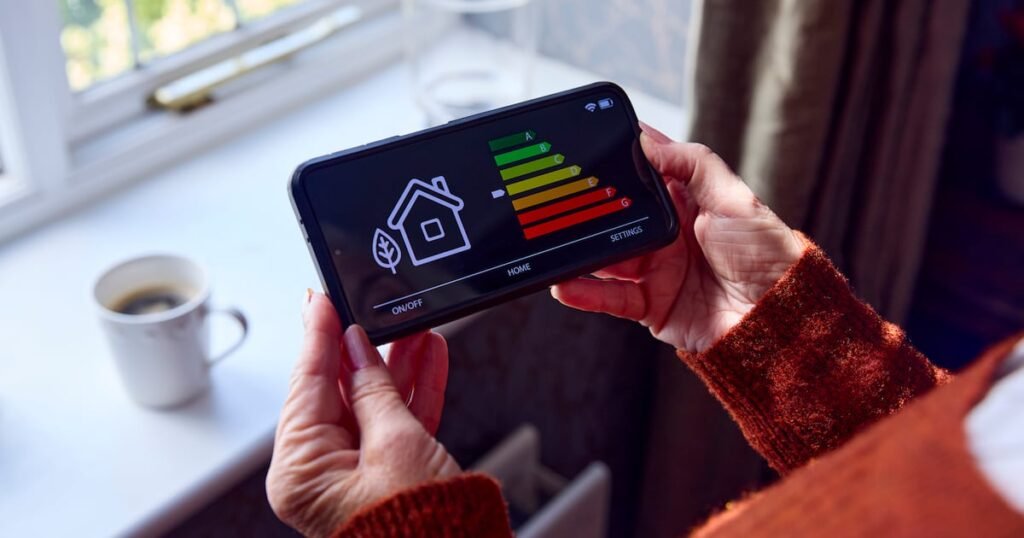A row has broken out between the Government and the representative body for the electricity industry and gas retail sector over the former’s decision to replace energy credits with cash, for new customers, in the Household Benefits Package.
From September, new applicants to the scheme will no longer be able to avail of a €35 monthly credit towards their electricity or gas bill, but will instead receive the payment into a nominated bank or post office account. Existing customers can continue to receive the credit unless they seek to change supplier.
The Government said the move ensures no provider has “a perceived advantage over competitors” in the market. However, the Electricity Association of Ireland (EAI) said the credit should be made available to customers of more companies, rather than scrapping it.
[ Ending of electricity credits will bite hard this winterOpens in new window ]
All people over the age of 70 can apply for the benefits package, while younger people may also be eligible but additional rules apply. Under the scheme, people have the option to put a credit towards their electricity or gas bill, but only if they are customers of Electric Ireland, Bord Gáis Energy or Flogas.
There are 12 electricity and seven gas suppliers in the domestic market.
The Department of Social Protection confirmed all new applicants to the Household Benefits Package will receive a monetary payment towards their energy bill, rather than a credit.
“The decision to remove the credit option for new customers has been taken following an examination of customer behaviour and trends over several years,” said a spokeswoman.
“An increasing number of new customers are opting for the cash option even where the credit option is available. Any existing customers using the credit facility at present can maintain that method of payment.”
The spokeswoman said the removal of the credit option for new customers also ensures “no supplier would have a perceived advantage over competitors in the domestic energy market”.
EAI chief executive Dara Lynott has accused the Government of “going for the easier option” instead of implementing targeted measures that would better help people enduring energy poverty.
“If you’re intent on targeting customers who need help with energy, and you want to be guaranteed that it gets to the right people, then credits are the way to go,” said Mr Lynott.
He said many people who receive the cash will have “other pressing bills” and may opt not to put the money towards their energy costs.
“They may need petrol for the car and the house still goes cold – so you still have people in energy poverty, even after you’ve given cash.”
Mr Lynott said targeted, long-term measures need to be implemented to help people, rather than universal payments.
Figures released to Sinn Féin MEP Lynn Boylan in late July showed that 301,000 households are now in arrears on their electricity bills.
From April 2022 until February 2025, households received nine electricity credits worth €1,500 – costing almost €3 billion. However, the Government has ruled out such credits in the forthcoming budget, instead saying it will implement other measures to support households.
A Department of Energy spokesperson said the Government is “keenly aware that energy has been a big driver of costs across the economy, and that price rises over the past number of years impacted almost all householders and businesses”.
The Government has established a National Energy Affordability Taskforce to “identify, assess and implement measures that will enhance energy affordability for households and businesses, while delivering key renewable commitments and protecting security of supply and economic stability”.

